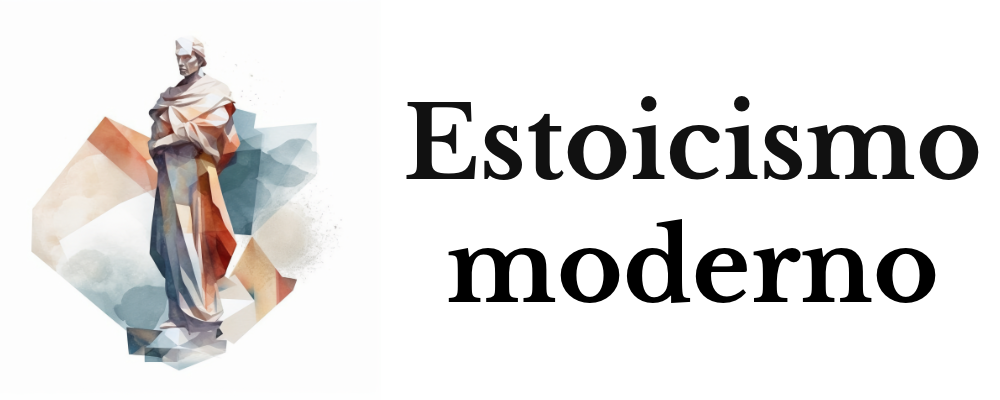Nietzsche and His Critique of Stoicism: A Contemporary Analysis
Friedrich Nietzsche, the philosopher of the hammer, with his controversial intellectual cudgel, struck the very pillars of Western thought, challenging not only Christianity and Platonism but also ancient schools of philosophy such as Stoicism. The teachings of Zeno of Citium and the classical stoics, which emphasized virtue as sufficient for happiness and promoted resignation as opposed to passion, self-control as opposed to spontaneity, seemed declared enemies of Nietzsche’s lush vitalist philosophy.
Stoic Virtue Through the Nietzschean Lens
Nietzsche sees in Stoicism a subtle enemy whose call to apathy—in the sense of emotional imperturbability—disguises a will to power that denies life itself by negating one of its fundamental principles: pathos or passion. In “Beyond Good and Evil,” Nietzsche writes:
> “Stoic morality is a morality of the pose, that is, at the origin it had an art of ‘posture,’ but it is not sincere nor naive.”
This passage invites us to question one of the pillars of Stoicism, the control of passions in search of ataraxia, the impassivity. Nietzsche sees it as an act of repression that hides and devalues the true vital power of the individual.
The Present Time and Eternity
While the Stoics invited acceptance of fate and living in accordance with nature, understanding time as an eternal cycle where each event is a predestined repetition (amor fati), Nietzsche offers a distinct perspective. Although he might seem to share the notion of amor fati, his approach is radically different. In the Nietzschean vision, accepting fate is not just resigning oneself to the eternity of return, but to embrace each moment as unique, as if we wanted it to repeat eternally due to the fullness that we confer upon it.
Self-Determination and Personal Growth
Where Stoicism and Nietzsche appear to converge is in the importance of self-determination and personal growth. However, for Nietzsche, this does not go through repressing our passions and desires, but through sublimating them via the will to power. In Nietzsche’s words from his book “Ecce Homo“:
> “My formula for human greatness is amor fati: that one wants nothing different, neither forward, nor backward, nor in all eternity. Not merely to bear the necessary, much less hide it—all idealism is mendacity in the face of the necessary—but to love it.”
Let us juxtapose this with the Stoic view, expressed by Marcus Aurelius in his “Meditations,” which proclaim that life’s foremost task is to be in accordance with one’s own nature, and this is to be in accordance with universal reason.
The Contemporary Practice
In face of the frenetic modern life, Nietzsche’s offer to embrace life in all its expressions might seem more appealing than Stoic patience. But make no mistake: the Nietzschean approach is not for the faint of heart. It’s not a permit for simple hedonism, but a call to not fear the depth of one’s own desires and ambitions, as long as they are directed towards growth and the affirmation of the self.
For its part, Stoicism offers daily life techniques for those that may feel overwhelmed by Nietzschean intensity. Its focus on the concentration on the present moment, on the control of responses to external impressions—the techniques of praemeditation malorum, for example—and in recognizing what is within our power and what is not, are valuable tools that continue to resonate today.
Final Reflections: Between the Stone and the Hammer
Nietzsche challenges the reader to reconsider not only their relationship with passions but also with the concept of power and control over one’s own life. The dichotomy established between Stoic emotional control and Nietzschean vital affirmation offers fertile ground for personal debate.
Perhaps it is about finding a dynamic equilibrium between Stoic self-control and Nietzschean will to power, applying the wisdom to know when and how to use each philosophical tool according to circumstances. In our era of uncertainty and constant change, being able to navigate between serenity and passion is a crucial skill.
In conclusion, beyond Nietzsche’s accusation of a hidden will in the apparent Stoic passivity, there is an invitation for each individual to forge their own ethos, their personal response to the call of life. Nietzsche urges us to action, not through aggression, but through love—a love for life in all its totality, with its highs and lows, its joys and its sorrows.
The lingering question is: How will we affirm our existence, in the fullness of chaos and order, in the Stoic wavering of fortune, and in the dance of the eternal return Nietzschean? We leave the reader with an invitation to reflection and action, to shape their destiny with the strength of a self-imposed fate, and to live, as if each moment were to be chosen again and again, for all eternity.








